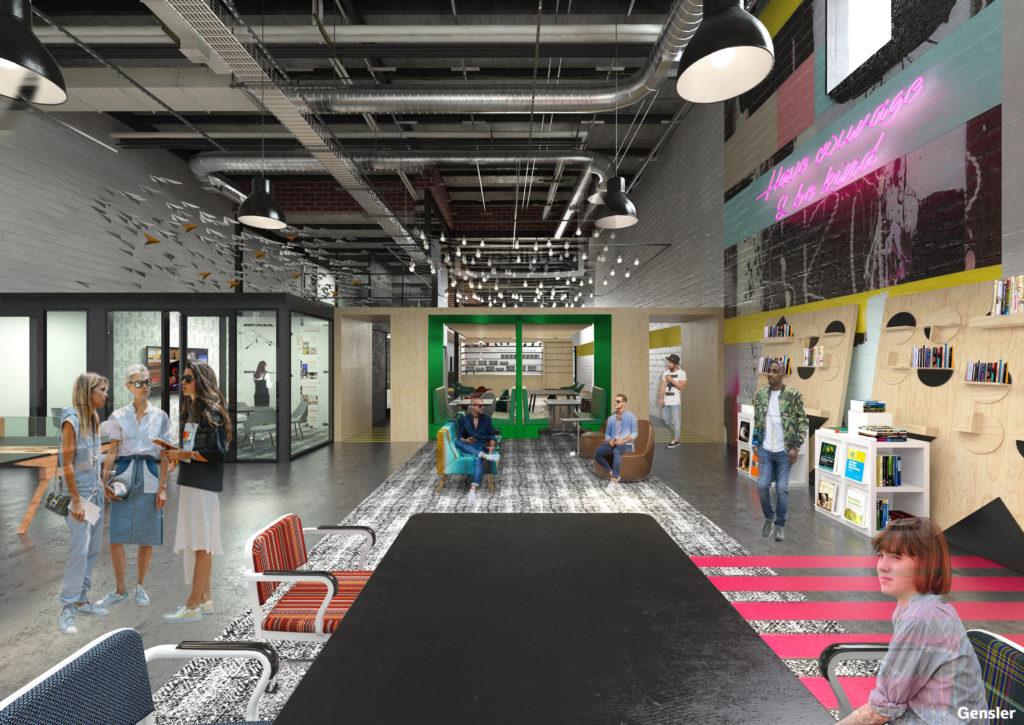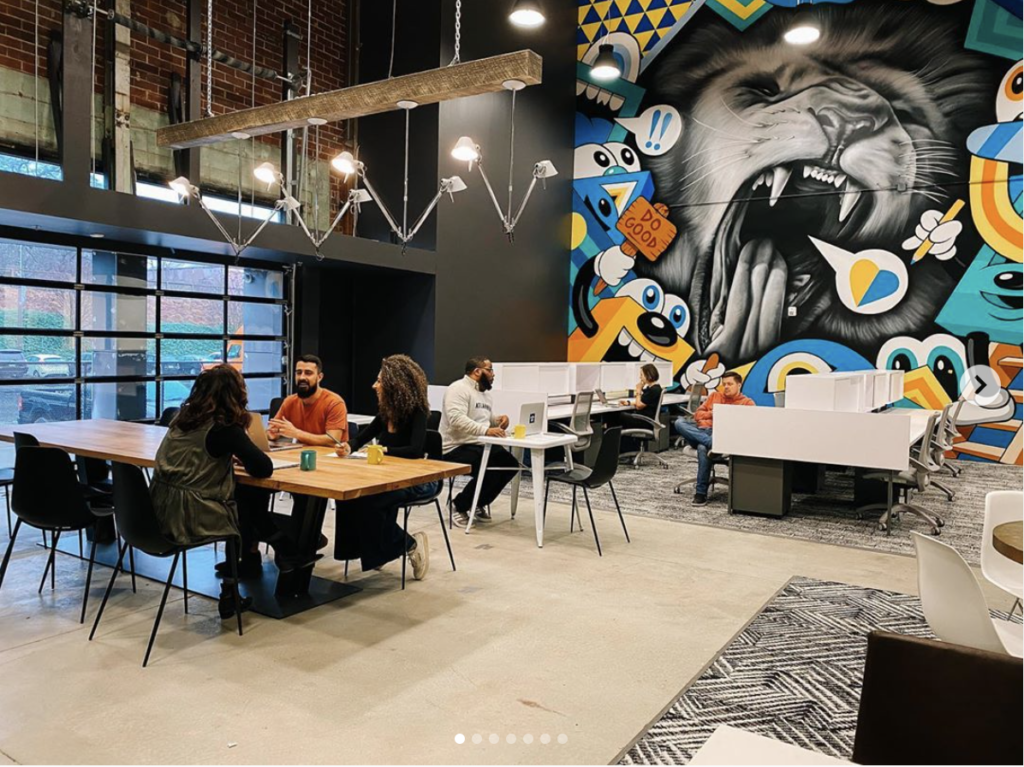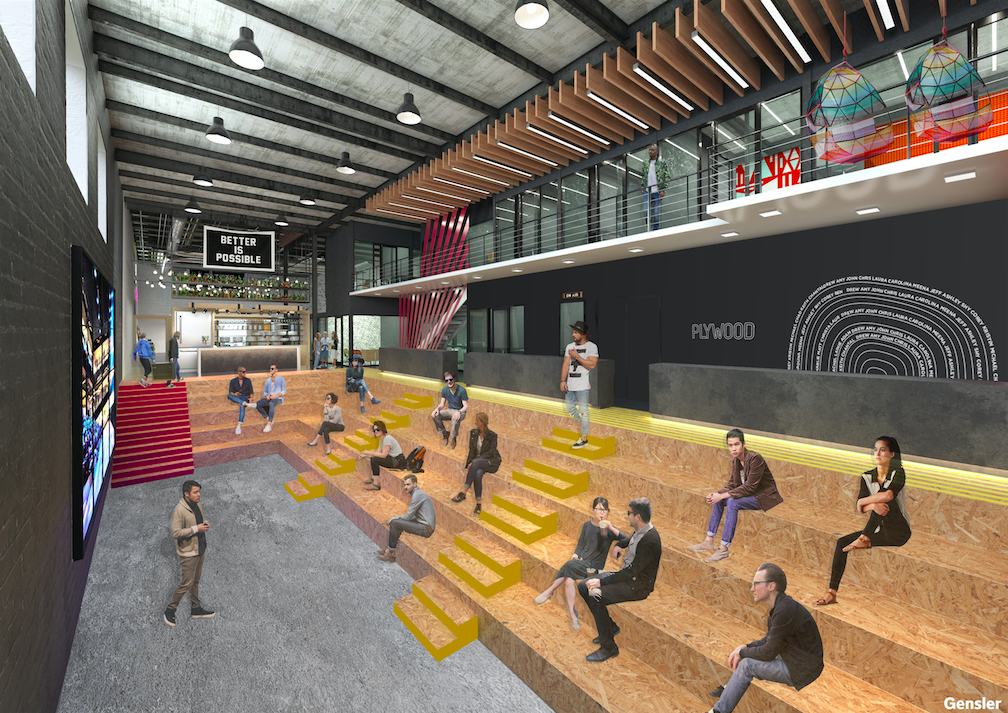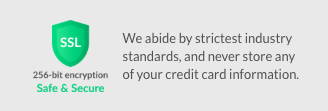Plywood People is a non-profit organization who’s focus is helping improve the world of non-profit work. The organization was founded by Jeff Shinabarger in 2010 and is based in Atlanta, Georgia.
“Anybody that’s interested in starting something or is part of a startup or organization that’s going through growth, I would highly suggest looking into Plywood’s process and joining the community,” said Third Lens Ministries’ executive director Brian O’Neil.
In the early years of Third Lens’ operations, O’Neil turned to Plywood’s process to learn better ways to run an organization.
“So I took the online course, Plywood Path, and then the next step after the path is get involved with their retreat,” O’Neil said. “So I went on a two and a half day retreat, and it was very intense, but it was just so eye opening. Kalyan Murray, at the time, was kind of my direct contact, and she was the one that got me set up. Plywood, it brought in a bunch of speakers from different areas from everything from like, how to legally set up your company, how to brand your organization, how to how to market it. Then we had times where we had one on one breakout sessions. And it was it was then that Jeff had really kind of challenged me to rethink the way that we were telling the story of Third Lens, and a lot of that has been incorporated in today. I still reference the notebook of all the notes that I took to that point. The relationship with Plywood was they were really kind of molding us as a startup organization, and we were learning from them.”
That relationship has continued to flourish over the years, and when Plywood decided to build a new home for their organization, they turned to Third Lens for help.
Plywood People is focused on helping organizations and businesses come up with inventive and successful ways to accomplish their goals. In order to fulfill this mission, Plywood needed a building that promotes creativity and inspires those beginning the Plywood Path.

The new Plywood Place, which opened in February, is colorful with a lot of different spaces. Various murals decorate the walls, and instead of the traditional large table with office chairs around it set up, couches and chairs are peppered in for seating along with wooden tables and mini desk spaces. The space is a colorful, industrial rustic design that reflects Plywood’s modern and unique approach to running an organization.

“The the space is actually an adaptive build out of an old warehouse, part of an old warehouse,” O’Neil said. “It’s huge like half million square feet, and they have 9,500 square feet of that. What they were able to do is, there was a big kind of 12 foot drop in the floor that became an event space, and so the team at Gensler through the design process they talked through the program. It’s a lot of investigation into like, what do you want this space to be used for? What is the vision? How are people going to flow in and out of the space? What rooms do you need? And so you create this conceptual idea and some of that was really fun to come in somewhat on the back end of the design collaborative, but then to see the functional spaces be built out and be a part of those meetings where it’s like, okay, well, we got to make a choice. You can either have this room that does this, or this room that does this. Which one is most valuable to you?”

Even though the building project has been completed, Third Lens and Plywood People’s relationship is far from over. O’Neil is now a member of Plywood Layers, a group of leaders who have completed the Plywood Path who meet monthly to continue to receive guidance and help each other improve.
“I’m in my second year in the peer group, it’s a mash up of startups, social entrepreneurs, nonprofit leaders and Jeff,” O’ Neil said. “Jeff facilitates that group. We meet once a month for about three or four hours, and it’s a unique time where we challenge each other to be better, we throw out all the ideas and the stresses that we’re dealing with ,and we kind of work through it as a small group. So Third Lens will be a part of the Plywood community for the foreseeable future…. So yeah, we’ll be a part of that for as long as we exist, because we value that relationship. It’s made us better as an organization, and we hope that we’ve helped make the space better for them.”

